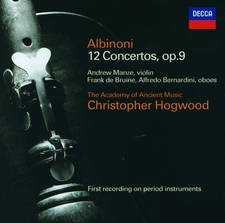90-year-old Ethiopian nun is classical composer
20 August 2013, 11:34 | Updated: 20 August 2013, 11:37
The compositions of Emahoy Tsegué-Mariam Guebrù who was in near seclusion for nearly 30 years have been discovered by an Israeli pianist, who describes them as a "strange combination of classical, Ethiopian and blues."
The compositions of Emahoy Tsegué-Mariam Guebrù, a nun in an Ethiopian church in Jerusalem, are now to be published in a book thanks to pianist Maya Dunietz. Guebrù has spent most of the last three decades dedicated only to her faith and music, rarely leaving the gates of her monastery.
Pianist Dunietz has now published a selection of Guebrù's scores in a new book out this month. She has also organised concerts where Guebrù's works will be performed in Jerusalem. Recordings have previously been made of her compositions, but there are few in existence.
Describing Guebrù's music, Dunietz told The Guardian: "It is classical music, with a very special sense of time, space, scenery. It's not grand; it's intimate, natural, honest and very feminine. She has a magical touch on the piano."
She added: "It's delicate but deep."
After discovering Guebrù's by chance on a CD her husband bought in London, Dunietz sought out the composer and discovered that she lived in Jerusalem like she does. When Dunietz approached Guebrù to catalogue her compositions, she handed them over in a series of plastic bags.
In her earlier life, Guebrù was offered a scholarship to study music in London after becoming interested in music at an early age, but was denied exit from her native Ethiopia by the authorities. She then decided to devote her life to her faith, abandoning music until many years later.


































